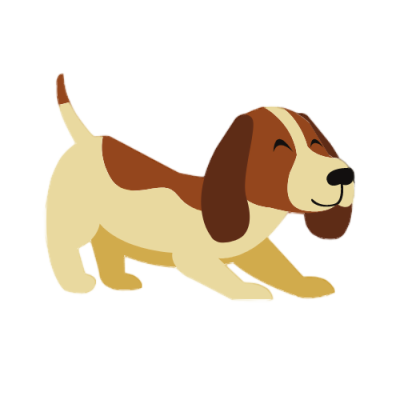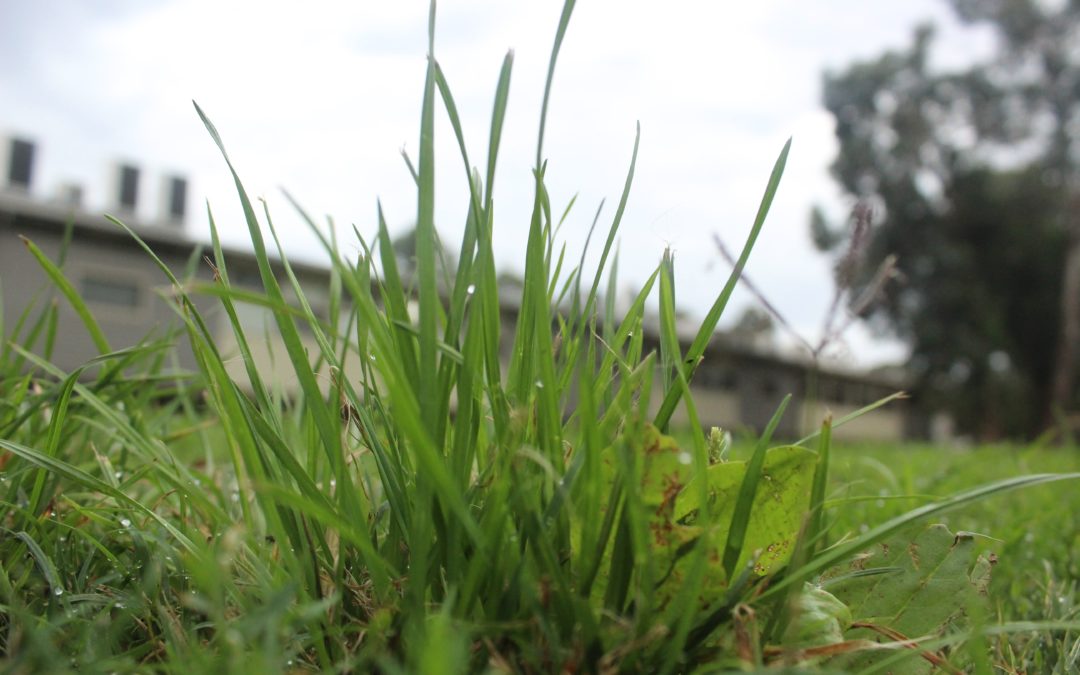Dog feces can be a smelly and unpleasant topic, but it’s important to consider how we handle and dispose of it. While it may seem like a good idea to use dog poop as fertilizer, there are several reasons why this is not recommended. In this blog, we’ll explore the risks associated with using dog feces as fertilizer and discuss safer and more effective alternatives. We’ll also cover how to properly dispose of dog poop to prevent the spread of harmful bacteria and parasites and keep public areas clean and hygienic. If you’re a pet owner or simply want to learn more about this topic, keep reading to find out more.
Can you use dog poop as a fertilizer?
Using dog poop as fertilizer is not recommended for several reasons. Here are a few reasons why:
- Health risks: Dog poop can contain harmful bacteria and parasites that can be transmitted to humans through contact with soil or produce. This can lead to serious illnesses such as salmonella and E. coli.
- Environmental contamination: Dog poop can also contain nutrients and chemicals that can negatively affect the environment. For example, the high nitrogen levels in dog feces can lead to excess algae growth in water bodies, leading to oxygen depletion and harming aquatic life.
- Legal considerations: In some areas, it is illegal to use dog feces as fertilizer due to the health and environmental risks it poses.
There are much safer and more effective alternatives to using dog feces as fertilizer, such as composting or commercially available organic fertilizers. Composting is a great way to turn organic waste, including dog poop, into a nutrient-rich soil amendment that can be used in your garden. Commercially available fertilizers are also a good option, as they are formulated to provide the necessary nutrients for plants without introducing any harmful bacteria or chemicals.
How to properly use dog poop as a fertilizer
If you do decide to use dog poop as fertilizer, it is important to follow proper handling and application guidelines to reduce the risks to your health and the environment. Here are a few tips to keep in mind:
- Collect the poop in a plastic bag and dispose of it in the trash. Do not leave it in a compost pile or on the ground.
- If you do choose to compost the poop, make sure to follow proper composting techniques. This includes maintaining the correct temperature, moisture levels, and oxygen levels in the compost pile.
- Only use the composted dog feces on non-edible plants. Do not use it on any plants that will be consumed by humans or animals.
- Use caution when handling the composted poop, as it may still contain harmful bacteria. Wash your hands thoroughly after handling the compost or any soil amended with the compost.
There are much safer and more effective alternatives to using dog feces as fertilizer, such as composting or using commercially available organic fertilizers. Composting is a great way to turn organic waste, including dog poop, into a nutrient-rich soil amendment that can be used in your garden. Commercially available fertilizers are also a good option, as they are formulated to provide the necessary nutrients for plants without introducing any harmful bacteria or chemicals.
Overall, it is best to avoid using dog poop as fertilizer and opt for safer and more effective alternatives.
How to properly dispose of dog waste
Proper disposal of dog poop is important to prevent the spread of harmful bacteria and parasites, as well as to keep public areas clean and hygienic. The best way to keep your yard free of dog waste is to hire a dog poop removal company like Scoop-a-Doo.
If you insist on handling your dog waste yourself, here are a few tips for properly disposing of dog poop:
- Use a plastic bag to pick up the poop: Keep a supply of plastic bags on hand when walking your dog. When your dog does their business, use a bag to pick up the poop and dispose of it in a trash can.
- Use designated dog waste stations: Many public parks and recreational areas have designated dog waste stations where you can dispose of your dog’s poop. These stations typically have bags and trash cans available for use.
- Dispose of the poop in a trash can: If you are not near a designated dog waste station, dispose of the poop in a trash can. Do not leave it on the ground or in a compost pile.
- Use biodegradable bags: If you are concerned about the environmental impact of using plastic bags, consider using biodegradable bags. These bags are made from natural materials and break down more quickly in the environment than traditional plastic bags.
By following these tips, you can help keep public areas clean and hygienic, and reduce the risks associated with dog poop.


Recent Comments